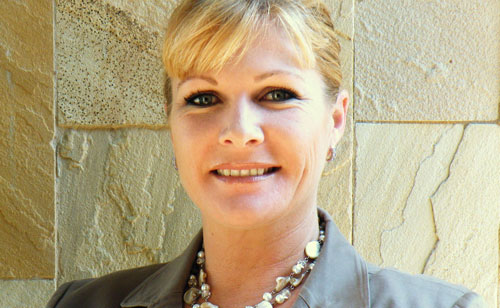
Fibre telecommunications industry lobby group, the FTTH Council Africa, has given the Ekurhuleni metropolitan municipality until noon on Wednesday to lift a moratorium on fibre projects on Gauteng’s East Rand or face court action.
FTTH Council Africa CEO Juanita Clark had earlier said the council would take the municipality to court last Friday over the moratorium on fibre projects, which was imposed last Tuesday. The council represents a range of industry players, including Conduct Telecommunications, Dark Fibre Africa, Metrofibre Networx, Muvoni Weltex and Plessey.
Ekurhuleni chief information officer Lilian Phahla told TechCentral last week that the moratorium was temporary in nature — it would last about a month — and was needed to conduct an audit of the fibre that has been deployed by the municipality and by private-sector operators. A tender document had been issued for a supplier to conduct the audit to ensure there wasn’t duplication of infrastructure in the region.
But Clark says the moratorium was imposed without prior warning. “Companies were just told to clean up site and leave,” she says.
“On Friday afternoon, we received a letter from the Ekurhuleni metropolitan municipality indicating a willingness to engage in meaningful dialogue,” Clark says. “It did not contain a withdrawal of the illegal moratorium and the FTTH Council Africa has responded with an extension [to its court plans] to Wednesday, 28 March, at noon. No further extension will be granted.”
She argues that it is not necessary, as Phahla claims, to impose a moratorium while an audit is conducted. “This does not have to take place in isolation,” she says. “Furthermore, [network] licensees do not need permission from local authorities to build infrastructure. They [only] need to provide them with 30 days’ notice.”
She says any effort to avoid duplication of infrastructure, as proposed by the municipality, is “anticompetitive”, adding that the moratorium is a violation of the Electronic Communications Act and the rights of network licensees to build infrastructure.
“The FTTH Council Africa has, without fail, supported local authorities whenever it has been approached for support and assistance,” Clark says. “We have always welcomed open dialogue with local government but we will not allow an industry to be held to ransom.”
She adds that municipalities should “welcome” fibre operators as they “uplift their jurisdictions and can attract businesses”.
“We need to have an urgent workshop to understand how we can work together to facilitate the rapid deployment of infrastructure.” — Duncan McLeod, TechCentral
- Subscribe to our free daily newsletter
- Follow us on Twitter or on Google+ or on Facebook
- Visit our sister website, SportsCentral (still in beta)




